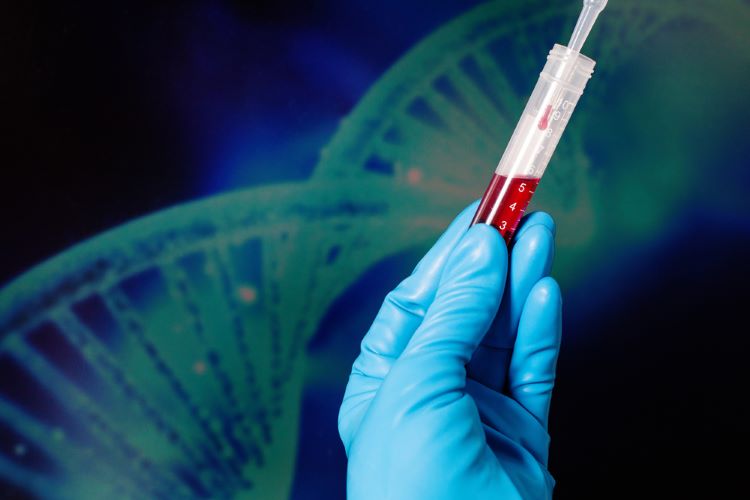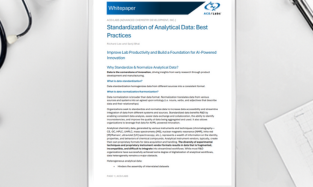First gene therapy approved for Haemophilia A
Posted: 30 June 2023 | Catherine Eckford (European Pharmaceutical Review) | No comments yet
The first approved gene therapy for haemophilia A reduced the mean annualised bleeding rate from 5.4 bleeds to 2.6 bleeds per year in a clinical study.


Roctavian, an adeno-associated virus (AAV) vector-based gene therapy is the first to be approved by the US Food and Drug Administration (FDA) for adults with severe haemophilia A.
The gene therapy is authorised for individuals without pre-existing antibodies to adeno-associated virus serotype 5 detected by an FDA-approved test.
Haemophilia A is a rare genetic bleeding disorder that results from a mutation on the gene which produces factor VIII (FVIII). This is a protein that allows blood to clot. The disorder mainly affects males.
Currently, treatment for severe haemophilia A usually involves use of FVIII replacement therapy or an antibody-based medication to improve the ability of blood to clot and reduce the likelihood of bleeding.
How does gene therapy Roctavian work?
However, one-time gene therapy Roctavian is administered as a single dose by intravenous infusion. The treatment consists of a viral vector carrying a gene for clotting Factor VIII. The gene is expressed in the liver to increase blood levels of FVIII and reduce the risk of uncontrolled bleeding.
Therefore, the FDA’s decision represents “an important advance in providing treatment options for patients with this bleeding disorder, and treatment with gene therapy may reduce the need for ongoing routine therapy,” shared Dr Peter Marks, PhD, Director of the FDA’s Center for Biologics Evaluation and Research.
The clinical study in Haemophilia A
Safety and effectiveness of Roctavian were evaluated in a multinational study in 112 adult men 18 to 70 years of age with severe Haemophilia A, who were previously treated with Factor VIII replacement therapy. Effectiveness was established based on results from patients who were followed up for at least three years after Roctavian treatment.
Following the infusion, the mean annualised bleeding rate decreased from 5.4 bleeds per year at baseline to 2.6 bleeds per year. Most patients given Roctavian received corticosteroids to suppress the immune system for the gene therapy to be effective and safe.
The FDA granted approval of Roctavian to BioMarin Pharmaceutical Inc.
This positive news for this subset of haemophilia patients follows the European Commission’s approval of the first gene therapy for haemophilia B in February 2023.
Additionally, the FDA has recently given the first approval to other cell and gene therapies:
Related topics
Biologics, Biopharmaceuticals, Clinical Development, Clinical Trials, Drug Development, Drug Safety, Gene therapy, Industry Insight, Regulation & Legislation, Research & Development (R&D), Technology, Therapeutics









